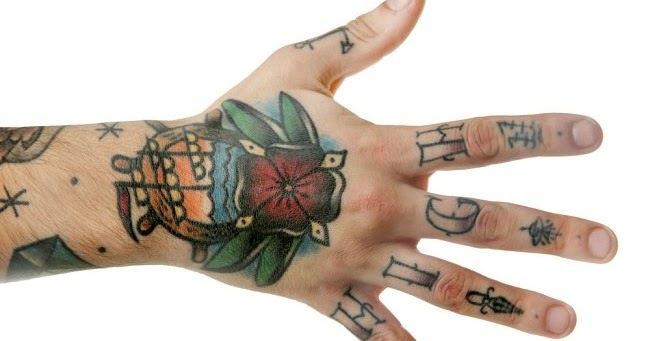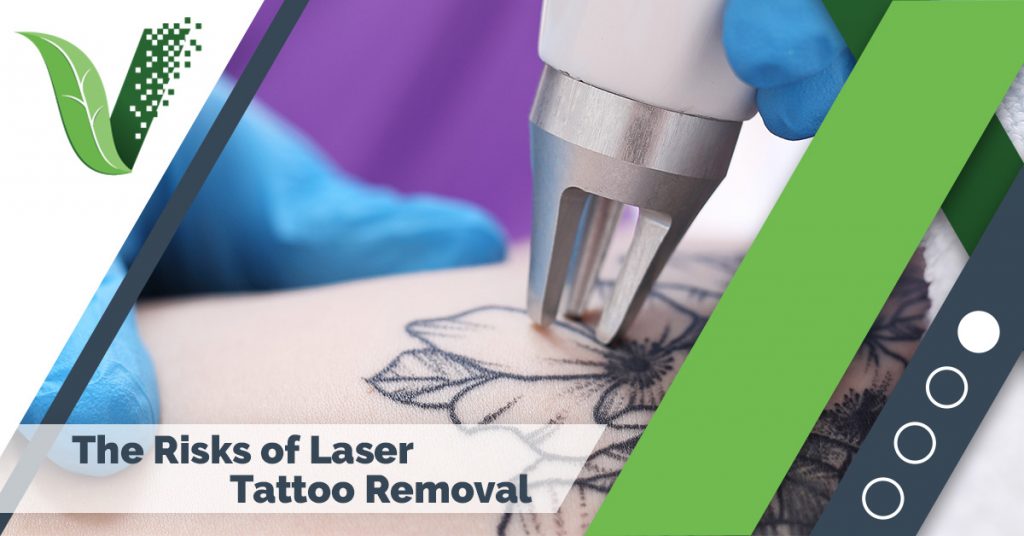
Okay, let’s dive into the world of sunflower tattoos!
Thinking about getting a sunflower tattoo, huh?
Awesome choice!
They’re beautiful, bright, and full of good vibes.
But, like with any tattoo, you’re probably wondering: are there any risks specific to sunflower tattoos?
That’s a smart question to ask before you commit!
Let’s break it down, no BS.
Sunflower Tattoo Concerns: What’s the Real Deal?
Honestly, the risks aren’t specific to sunflowers themselves.
It’s more about the tattoo process in general.
However, certain aspects of sunflower designs might make some risks slightly more relevant.
Think about it: sunflowers often have intricate details and vibrant colors.
This can impact healing and potential allergic reactions.
The Ink Factor: Colors and Allergies
Bright yellows, oranges, and reds are super common in sunflower tattoos.
Unfortunately, these colors are sometimes associated with higher rates of allergic reactions.
I’ve seen some folks develop a mild rash or itching around areas with these pigments.
It’s not super common, but it’s something to be aware of.
- What to do:
- Talk to your artist about the inks they use.
- Ask if they have a brand they recommend for sensitive skin.
- Consider a small test spot before committing to the whole tattoo.
Design Details: Intricacy and Healing
Sunflower tattoos can be pretty detailed, right?
All those little petals and seeds take time and precision.
The more intricate the design, the longer it takes to tattoo.
And the longer the tattooing, the more trauma to the skin.
This can potentially lead to a slightly longer healing process or a higher risk of infection if you don’t take care of it properly.
- Keep it clean! Wash your tattoo gently with antibacterial soap 2-3 times a day.
- Moisturize! Use a fragrance-free, hypoallergenic lotion to keep the skin hydrated.
- Don’t pick! Seriously, leave it alone. Picking scabs is a recipe for disaster.
Placement Matters: Where’s Your Sunflower Going?
The location of your sunflower tattoo can also play a role in potential risks.
Areas with lots of friction (like your inner thigh) or that are constantly exposed to the sun (like your hands) might be more prone to fading or irritation.
My friend Sarah got a gorgeous sunflower on her foot.
It looked amazing at first, but the constant rubbing from her shoes made it fade faster than she expected.
- Consider placement carefully.
- Protect your tattoo from the sun with sunscreen (once it’s fully healed).
- Avoid tight clothing that might rub against the tattoo.
Finding the Right Artist: A Key to Success
This is huge!
The most important factor in minimizing risks is choosing a reputable and experienced tattoo artist.
Look for someone who:
- Has a clean and sterile studio.
- Uses single-use needles and equipment.
- Is knowledgeable about ink types and allergic reactions.
- Has a portfolio of work that you love.
Don’t be afraid to ask questions and voice your concerns.
A good artist will be happy to address them and make you feel comfortable.
FAQ: Sunflower Tattoo Edition
- Q: Will my sunflower tattoo fade quickly?
- A: It depends on the ink, your skin type, sun exposure, and aftercare. Proper care and sun protection are key!
- Q: Can I get a white ink sunflower tattoo?
- A: White ink tattoos are notorious for fading and sometimes turning yellowish. It’s generally not recommended for large areas.
- Q: How long will my sunflower tattoo take to heal?
- A: Typically, 2-4 weeks for the surface to heal, but the deeper layers can take up to 6 months to fully settle.
- Q: What if my sunflower tattoo gets infected?
- A: See a doctor immediately. Don’t try to treat it yourself.
So, are there specific risks associated with sunflower tattoos?
Not really, but being aware of the potential for allergic reactions to certain ink colors, the importance of proper healing for intricate designs, and the impact of placement can help you make informed decisions.
Ultimately, a beautiful and healthy sunflower tattoo is totally achievable with the right preparation, a skilled artist, and diligent aftercare.
Go get that sunflower!








